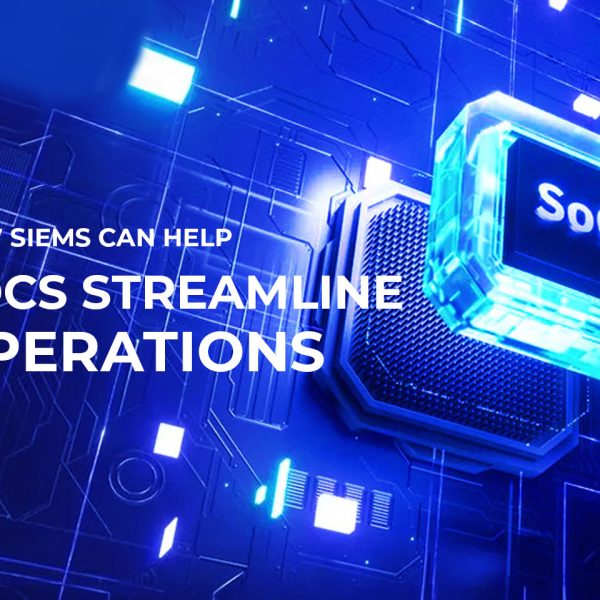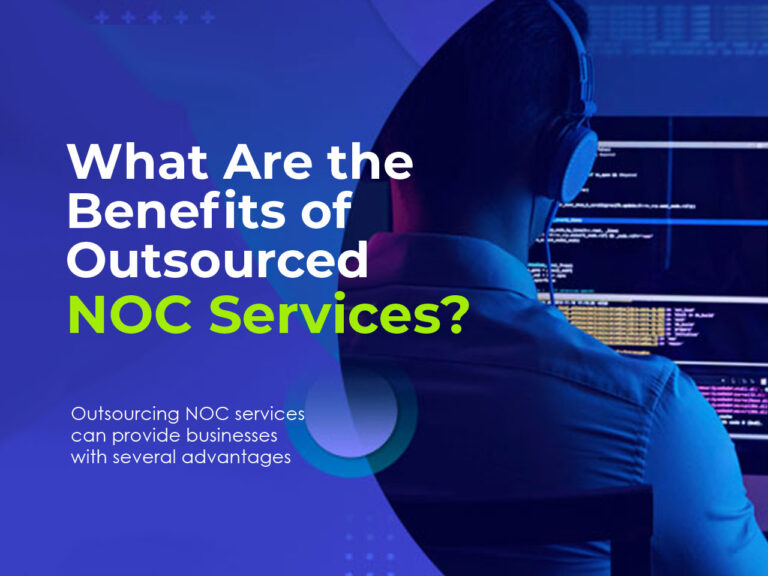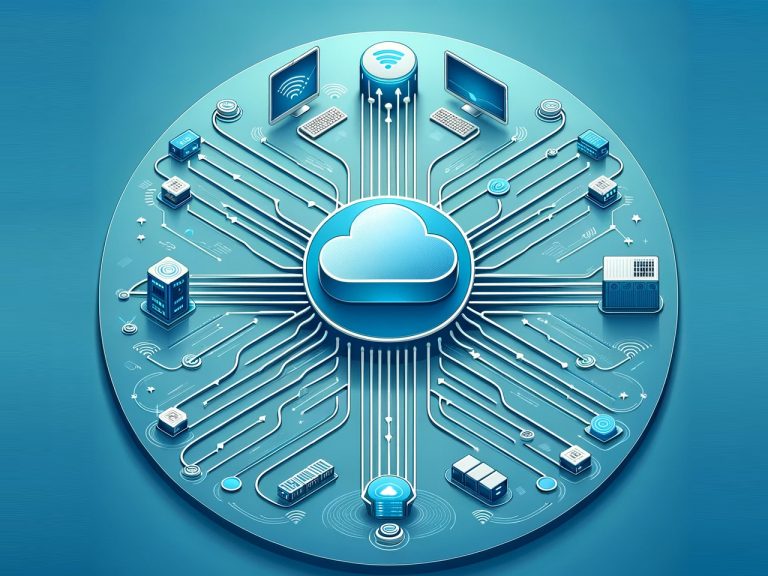Software as a service (SaaS) solutions are centrally hosted software services licensed through a subscription model and delivered remotely.
What Is Software as a Service (SaaS)?
Software as a service, widely known as SaaS, is a method of delivering applications over the internet. The ‘as a service’ aspect of SaaS means that companies do not have to worry about installing, renewing, or maintaining software on-premises. Instead, they can simply access whatever service they need and pay for only what they use.
Software-as-a-service applications are disseminated over the internet, freeing client companies from the need for complicated and often expensive hardware and software management. Other terms for SaaS include on-demand software, web-based software, and hosted software. SaaS applications operate from the servers of a remote vendor. This vendor manages most aspects of the application, including access, availability, security, and performance. Clients can usually access the service that they have subscribed to through a web browser.
Software-as-a-service applications are disseminated over the internet, freeing client companies from the need for complicated and often expensive hardware and software management. Other terms for SaaS include on-demand software, web-based software, and hosted software. SaaS applications operate from the servers of a remote vendor. This vendor manages most aspects of the application, including access, availability, security, and performance. Clients can usually access the service that they have subscribed to through a web browser.
For client companies, one of the most prominent advantages of SaaS is not having to worry about hosting and maintaining any database or server. The need to employ dedicated personnel for handling the coding and other software aspects of an application also disappears with the adoption of SaaS. Another advantage of SaaS is ‘affordability of innovation’.
With SaaS, even smaller companies can adopt cutting-edge technologies for their operations without having to worry about overhead costs. Clients also do not need to choose between functionality and flexibility. Today, most cloud-based software offer the exact same, if not better, experience as on-premise solutions.
Even when it comes to data ownership, there is minimal cause for concern. Most SaaS vendors acknowledge that all uploaded, stored, and processed data belongs to the end user. Legalities of data ownership will always be outlined in the contract.
It is also common for SaaS vendors to allow clients to export their data and create local backups when requested. Always make sure that qualified stakeholders analyze the contract before a final commitment is made. Most SaaS vendors allow for customized agreements, especially in the case of bigger clients. From a cybersecurity standpoint, data is safer when stored with a SaaS vendor as compared to on-premise. This is because the vendor allocates a much bigger budget for security measures.
Apart from this, employees, vendors, or other stakeholders cannot leak or otherwise compromise data when stored remotely, either unintentionally or otherwise. A 2019 report on Top Security and Risk Management Trends by Gartner predicted that by 2021, more than 9 out of every ten instances of cloud security failure would be the result of a fault by the customer.
With SaaS, even smaller companies can adopt cutting-edge technologies for their operations without having to worry about overhead costs. Clients also do not need to choose between functionality and flexibility. Today, most cloud-based software offer the exact same, if not better, experience as on-premise solutions.
Even when it comes to data ownership, there is minimal cause for concern. Most SaaS vendors acknowledge that all uploaded, stored, and processed data belongs to the end user. Legalities of data ownership will always be outlined in the contract.
It is also common for SaaS vendors to allow clients to export their data and create local backups when requested. Always make sure that qualified stakeholders analyze the contract before a final commitment is made. Most SaaS vendors allow for customized agreements, especially in the case of bigger clients. From a cybersecurity standpoint, data is safer when stored with a SaaS vendor as compared to on-premise. This is because the vendor allocates a much bigger budget for security measures.
Apart from this, employees, vendors, or other stakeholders cannot leak or otherwise compromise data when stored remotely, either unintentionally or otherwise. A 2019 report on Top Security and Risk Management Trends by Gartner predicted that by 2021, more than 9 out of every ten instances of cloud security failure would be the result of a fault by the customer.
Types of SaaS With Examples
he SaaS market is rapidly expanding, and today, there are several different types of SaaS solutions available. The main difference between these types is the industry or vertical that the SaaS product caters to, such as communication, finance, or customer relationship management.
As the market continues to expand and the adoption of SaaS solutions increases, new types of SaaS products are bound to appear. Currently, cloud-based software solutions are being adopted to replace numerous human tasks, leading to the development of the term ‘anything as a service (XaaS).
With remote work becoming the norm, the popularity of SaaS solutions has skyrocketed. This is especially true because these services can be used from anywhere in the world without the need for purchasing and setting up specialized infrastructure.
As the market continues to expand and the adoption of SaaS solutions increases, new types of SaaS products are bound to appear. Currently, cloud-based software solutions are being adopted to replace numerous human tasks, leading to the development of the term ‘anything as a service (XaaS).
With remote work becoming the norm, the popularity of SaaS solutions has skyrocketed. This is especially true because these services can be used from anywhere in the world without the need for purchasing and setting up specialized infrastructure.

Let’s go over the types of SaaS solutions.
1. Customer relationship management (CRM)
Today, no business can survive without understanding the value of customer data. This valuable data is leveraged to understand the psyche of customers to promote products, increase sales, and optimize marketing efforts. Customer relationship management solutions enable effective management techniques, store customer data efficiently and safely, and help bolster customer relationships.
CRM solutions help users forecast market trends (e.g., sales). Apart from this, these solutions automate repetitive operations, including sending emails, collecting feedback, and providing rudimentary customer services for common issues. Today, SaaS CRMs are loaded with many advanced functions. For instance, Freshworks offers over 10 products for integration to fulfill a variety of business needs. Other leading CRM vendors include Bitrix24, Salesforce, and Zoho CRM.
CRM solutions help users forecast market trends (e.g., sales). Apart from this, these solutions automate repetitive operations, including sending emails, collecting feedback, and providing rudimentary customer services for common issues. Today, SaaS CRMs are loaded with many advanced functions. For instance, Freshworks offers over 10 products for integration to fulfill a variety of business needs. Other leading CRM vendors include Bitrix24, Salesforce, and Zoho CRM.
2. Payment and billing
Money is the lifeblood of any organization, and managing payments and billing efficiently and transparently is of utmost importance. SaaS-based payment and billing services have been witnessing high demand in recent times. This is because they allow organizations of all sizes to accept payments quickly and easily.
With these solutions, handling hundreds, thousands, or even millions of transactions every day is no longer a difficult task. SaaS-based payment and billing solutions store all sensitive customer data, such as card details, securely and without any risk of data leakage.
Besides this, leading billing solutions come with a payment reporting feature, enabling businesses to flag suspicious transactions instantly. Popular SaaS-based payment and billing solutions include PayPal, Stripe, and WePay.
With these solutions, handling hundreds, thousands, or even millions of transactions every day is no longer a difficult task. SaaS-based payment and billing solutions store all sensitive customer data, such as card details, securely and without any risk of data leakage.
Besides this, leading billing solutions come with a payment reporting feature, enabling businesses to flag suspicious transactions instantly. Popular SaaS-based payment and billing solutions include PayPal, Stripe, and WePay.
3. Enterprise resource planning (ERP)
Companies use enterprise resource planning solutions to manage numerous business processes, including compliance, risk management, accounting, and budgeting. With ERP, enterprises can combine and track all included processes through a single interface and generate useful, comprehensive reports as required.
NetSuite is a popular ERP SaaS that caters to over 22,000 client companies globally. It includes many useful retail and ecommerce solutions. Its useful ‘Professional Services Automation’ function allows for efficient planning and execution of projects. Other leading SaaS ERP solutions include Microsoft Dynamics ERP, Oracle JD Edwards, and SAP Business ByDesign.
NetSuite is a popular ERP SaaS that caters to over 22,000 client companies globally. It includes many useful retail and ecommerce solutions. Its useful ‘Professional Services Automation’ function allows for efficient planning and execution of projects. Other leading SaaS ERP solutions include Microsoft Dynamics ERP, Oracle JD Edwards, and SAP Business ByDesign.
4. Project management
Project management SaaS solutions are popular for enhancing cooperation by tracking efforts and progress. Especially in 2021, where collaboration has become nearly completely remote, these solutions are gaining immense popularity. One reason for this is that these solutions are much easier, faster, and more effective when compared to contemporary project management tools such as emails and spreadsheets.
Leading SaaS-based project management solutions come with various functions and tools, including task tracking, adjustable page permissions, real-time notifications, and even blog posting. The most popular project management SaaS solutions include Jira, Confluence by Atlassian, and Workzone.
Leading SaaS-based project management solutions come with various functions and tools, including task tracking, adjustable page permissions, real-time notifications, and even blog posting. The most popular project management SaaS solutions include Jira, Confluence by Atlassian, and Workzone.
5. Bookkeeping and accountancy
SaaS has revolutionized the bookkeeping and accountancy software space. Accountancy SaaS solutions simplify the management of financial operations and costs through automation. These solutions are especially useful for larger organizations that process thousands of accounting transactions regularly.
SaaS-based accounting software comes with a variety of customizable features based on the needs of end users. At its core, this type of SaaS solution is useful for generating bills and invoices, reporting on spending, scheduling and prioritizing financial tasks, disbursing remuneration, and ensuring compliance. Leading accountancy SaaS solutions include QuickBooks and Xero.
SaaS-based accounting software comes with a variety of customizable features based on the needs of end users. At its core, this type of SaaS solution is useful for generating bills and invoices, reporting on spending, scheduling and prioritizing financial tasks, disbursing remuneration, and ensuring compliance. Leading accountancy SaaS solutions include QuickBooks and Xero.




